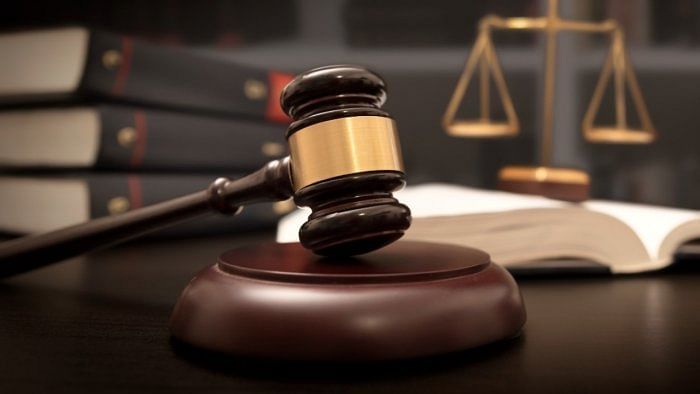
A Delhi court has restrained a TV news channel from telecasting narco analysis test of Aaftab Amin Poonawala, an accused in murder case of his girlfriend and live-in partner Shraddha Walkar, saying its disclosure of sensitive information related to the investigation could have psychological repercussions on his mind and that of the victim's family.
"When the Article 21 of the Constitution protects the life and liberty of a person, it also contemplates protection of the psychological state of mind of such a person. Any dissemination of sensitive information pertaining to a murder case will definitely result in psychological repercussions on the accused and also on the victim's family," Additional Sessions Judge Rakesh Kumar Singh said.
The court's order on an application filed by Delhi police Inspector Ram Singh for issuance of directions to TV news channels against telecasting the programmes connected to the investigation of the sensational murder case lodged with Mahrauli police station last year.
The court decided to hold a detailed hearing in the matter.
Also Read | Mehrauli killing: Court gives 'last opportunity' to Poonawala's advocate to respond to arguments on charges
"However, since if immediate order is not passed. the application itself will be rendered infractions, this court is of the view that till the next date. Aaj Tak News Channel shall not utilize in any form any material related to the FIR," the court said.
It fixed the matter for consideration on April 17.
During the preliminary hearing, the prosecutor submitted it is a settled law that chargesheet is not a public document. Therefore, it cannot be made available for public consumption. He also said such telecast would be damaging not only for the case but also will impact the accused and the victim's family. They also claim that law and order situation may be disturbed due to public sentiments involved in the case.
"The Delhi High Court Rules envisaged that third person cannot obtain copy of judicial record in a pending case unless sufficient reason is shown to the court's satisfaction. Therefore, if a person/entity has even if received anything related to a judicial record in any manner (legal or illegal), he/it cannot be at liberty to utilise the same without obtaining permission from the court. This concept is equally applicable to any party who has received any copy of the judicial record from the court. Even such party can utilise the record only for the purpose for which it was obtained," the court noted.
